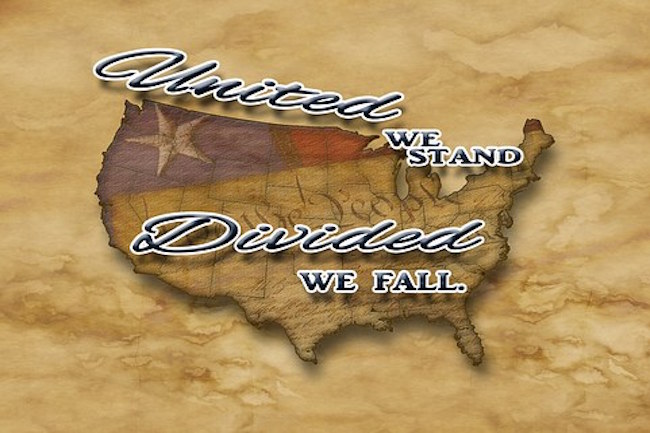Here’s When The American Founders Thought Revolution Was Justified By Kevin Portteus for The Federalist
The American Revolution proved a people can not only overthrow an existing regime but establish a free, peaceful, and functional government of their own.
According to the American Declaration of Independence, people enter into political society for the sake of protecting their inalienable rights, which are otherwise insecure. The question then arises: what can the people do if the government betrays its trust, and violates their rights? The Declaration’s initial answer is “that whenever any Form of Government becomes destructive of these ends, it is the Right of the People to alter or to abolish it, and to institute new government.”
The people create the government, but in so doing they do not forfeit their right to vindicate their own rights, even against the very government they created. Thus James Wilson asserted that the “vital principle” of America is “that the supreme or sovereign power of the society resides in the citizens at large; and that, therefore, they always retain the right of abolishing, altering, or amending their constitution.”
This right supersedes the claims of the government to the loyalty and obedience of its subjects. “Federalist No. 28” describes the right of revolution as “that original right of self-defence, which is paramount to all positive forms of government.”
This is, however, only the beginning of the story. The Declaration of Independence devotes more space to the right of revolution than to any other single concept. Equality and liberty are asserted, more or less without comment, but the right of revolution is explained in considerable detail, providing us with answers to a variety of critical questions about this “vital principle.”
By what right can the people supplant the authority of their own government? How can they justify the risks inherent in a course as drastic as revolution? What circumstances justify revolution?
Revolution and the Law of Nature
In October 1774, responding to the passage of the Intolerable Acts by the British Parliament and nearly two years before the Declaration of Independence, the First Continental Congress adopted a statement known as the Declaration and Resolves. In it, the delegates asserted that the rights of the colonists derived from three sources: “the immutable laws of nature, the principles of the English constitution, and the several charters or compacts.”
In the Declaration of Independence, however, the English constitution and the charters and compact of the colonies fall away, leaving only “the immutable laws of nature,” or, as the 1776 document puts it, “the Laws of Nature and of Nature’s God.”
The shift is significant, as it illustrates the Founders’ core understanding of the foundations of the right of revolution. In 1774, the colonists were still attempting to work within the British system for redress of their grievances, and so they claimed the rights guaranteed to them as part of that system. They were seeking a political solution to a political dispute with Parliament.




